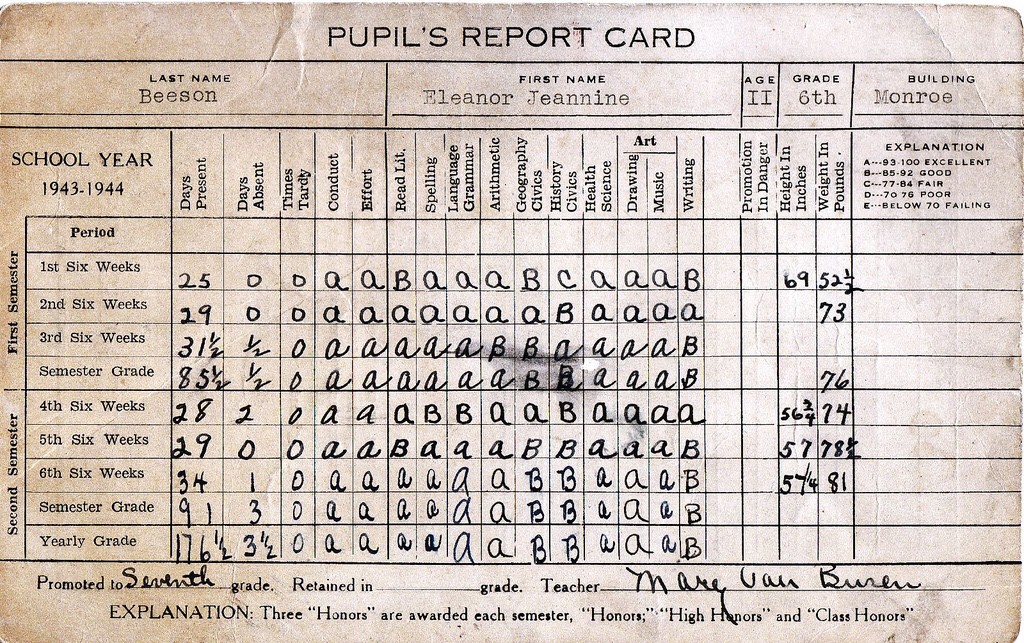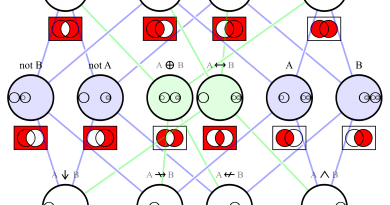When the world is canceled…

by Vaughn Rogers
The COVID-19 pandemic has changed the world. With online classes serving as a substitute for in-person learning, internships canceled, and expectations shifted, significant gaps in academia are born. While many of us are fortunate to have not suffered the devastation some have been subjected to by this horrible disease, a largely hidden problem has arisen – the incredible adjustment college students must endure and the varied effects brought about by these changes on learning, mental health, and overall achievement.
For me, learning at home has been an experience wildly contrasting the one at Tufts. Sitting at my desk gazing at the computer all day, distractions abound, and motivation dwindling, I feel the struggle. As someone who often needs to change his study space, focus in a quiet environment, and collaborate with peers to have a fruitful learning experience, the situation appeared grim. At home, many of the resources I have taken for granted, like a nice meal with friends, working with my mentor in-person at McLean Hospital, or seeing the Boston Symphony Orchestra on a cool Saturday evening, have vanished.
When my internship due to begin in June at the Graduate School of Biomedical Sciences was canceled, I felt utter dismay. Knowing that many summer programs, scholarship applications, and internship opportunities that lie ahead depend on wet lab work, independent projects, and demonstrated interest in research, I wondered whether my efforts during my freshman year of college would prove to be futile. Although my passion for research has not changed at all, I fear that admission committees will immediately give less attention to the applications I submit, regardless of any written statements of devotion.
From a very early age learning and achievement is signaled by external rewards. Beginning in my kindergarten days, I remember the pride I felt when I could show my parents my report card – a symbol recognizing the work and time I dedicated to academics. In college, many things have changed, but the philosophy remains largely the same. Now, these markers seem less important – and in a way, it’s a good thing. With less stress on achieving extrinsic reward, intrinsic motivation has taken its rightful position as the dominant call to action.
With the support of Tisch College, our team will call attention to the disproportionate toll the COVID-19 has wrought on underrepresented communities and disseminate reliable information to the people who need it most; we call it the Coronavirus Truth Initiative. By compiling resources such as local foodbanks and free testing centers, our project will serve as a single location to get the most up-to-date news and relevant help. This project will combat the paywall ridden, often misrepresented science that is rampant in the mainstream media. Unlike previous projects, this one feels different in its purpose. The focus is less on what we can put on our resumes, and more on how we can best help others. That is what ultimately matters.
Once the website is up, you can visit it at go.tufts.edu/cti or www.ctitufts.com. If you want to help us in the brainstorming process by asking a question or you’d like to work with us on the project, visit our form at https://tinyurl.com/helpctinow.


